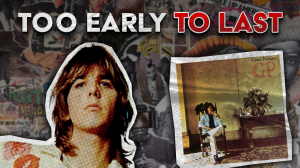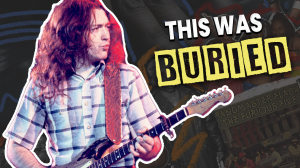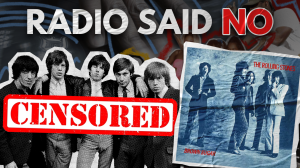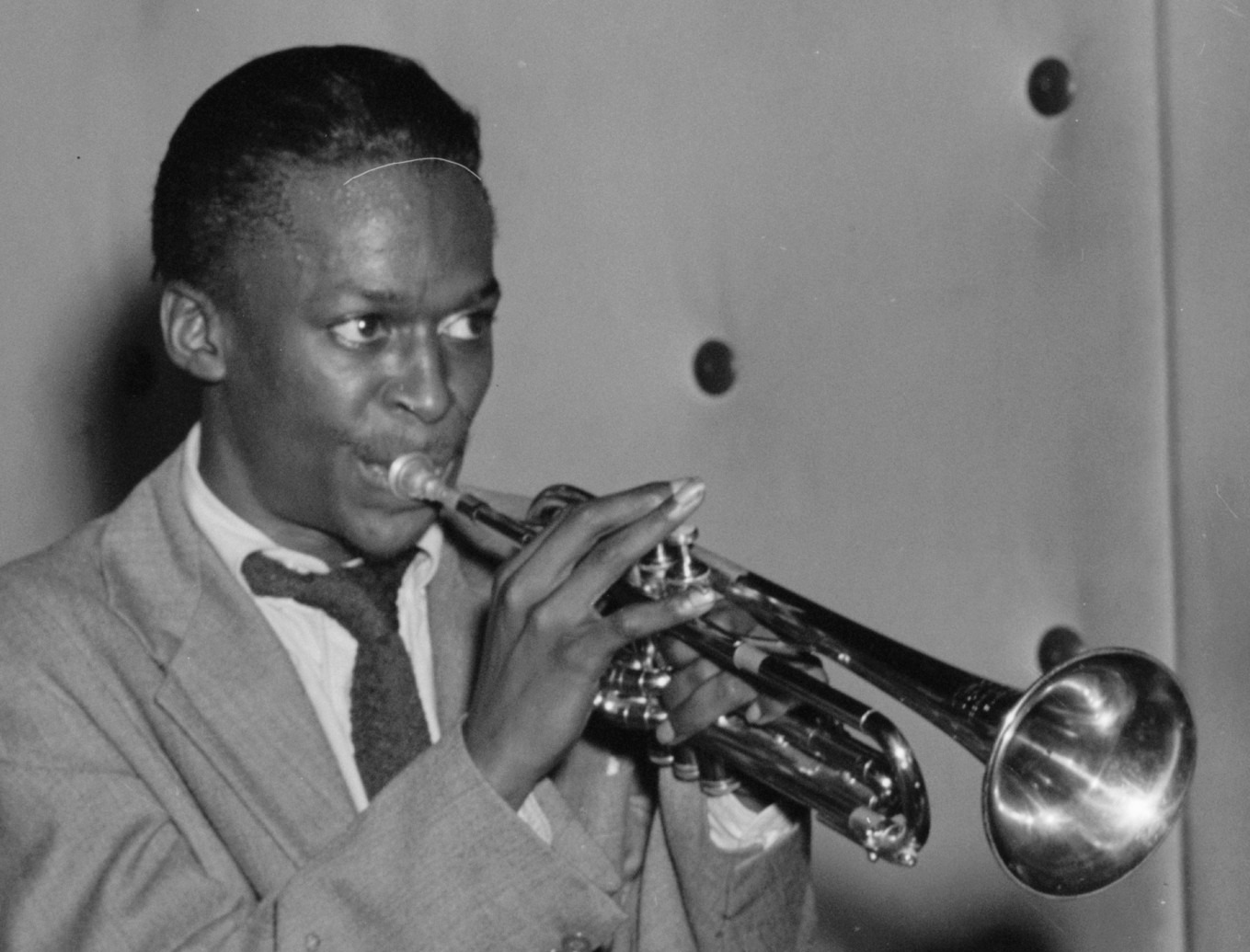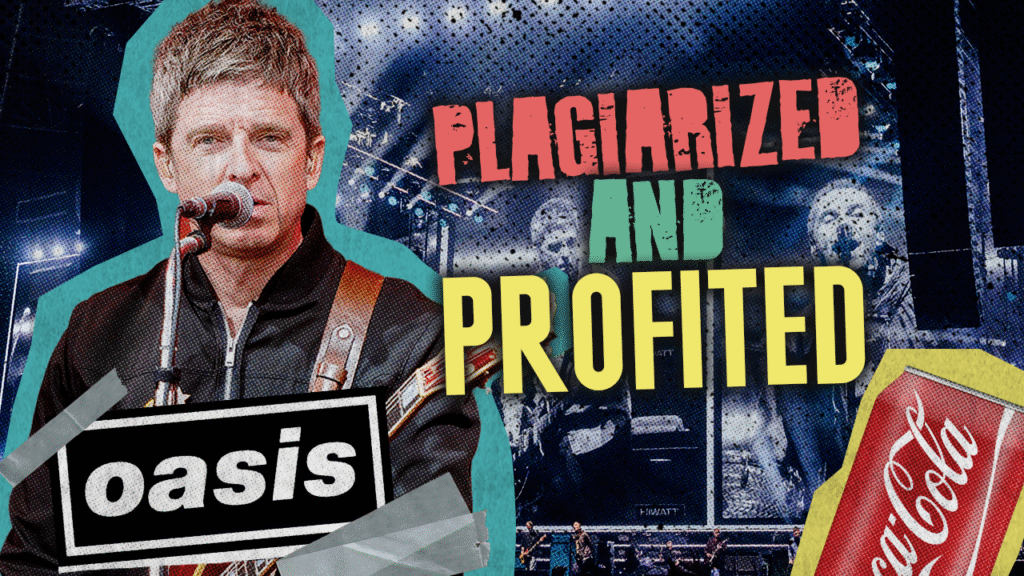
Ed Sheeran just survived another plagiarism lawsuit. Robin Thicke paid millions for “Blurred Lines.” Today’s artists face intense scrutiny over musical borrowing. But thirty years ago, Oasis built their entire empire on borrowed riffs and walked away mostly unscathed. The Gallagher brothers transformed working-class Manchester swagger into stadium anthems that defined Britpop. Their formula was simple: take familiar melodies, crank up the guitars, and deliver them with unmatched attitude. Legal battles followed, but Oasis proved you could borrow boldly and still become legends.
6. Shaker Maker vs. I’d Like to Teach the World to Sing

“Shaker Maker” hit number 11 in 1994. The melody? Practically identical to the Coca-Cola jingle “I’d Like to Teach the World to Sing.” New Seekers made it a hit in 1971. Oasis made it a lawsuit.
The similarity was obvious. No courtroom drama needed. Oasis settled quietly for $500,000. The case became so famous that tribute bands started performing the Coca-Cola anthem with full Oasis instrumentation. Sometimes the best defense is just paying up and moving on. Oasis learned this lesson early.
5. Whatever vs. How Sweet to Be an Idiot

Neil Innes heard “Whatever” in 1994 and knew something was wrong. The melody matched his 1973 song “How Sweet to Be an Idiot” note for note. Innes was no ordinary songwriter. He worked with Monty Python and knew his way around legal battles.
The settlement was swift. Innes got co-writing credit and 20% royalties. His revenge was perfect: he inserted Oasis references into a 1996 Rutles track called “Shangria.” Meanwhile, Noel claimed he’d never heard Innes’s original song. The music world wasn’t buying it.
4. Step Out vs. Uptight (Everything’s Alright)

“Step Out” almost made it onto “What’s the Story Morning Glory?” Then someone noticed it sounded exactly like Stevie Wonder‘s “Uptight.” The track got pulled faster than a bad opening act.
Oasis released it later as a B-side. Smart move: they gave Wonder full songwriting credit upfront. No lawsuits, no drama, no headlines. This time they learned to spot trouble before it found them. Sometimes the best strategy is preemptive surrender.
3. Cigarettes and Alcohol vs. Get It On

The opening riff of “Cigarettes and Alcohol” sounds familiar for a reason. It’s basically T-Rex‘s “Get It On” with more attitude. The difference? Noel admitted it openly. He called it homage, not theft.
Marc Bolan‘s estate never sued. Maybe they understood rock music’s endless recycling. Every guitar riff builds on what came before. The line between inspiration and theft gets blurrier every year. Sometimes honesty is the best legal defense.
2. Beatles Influence Runs Deep

“Don’t Look Back in Anger” opens with piano that echoes Lennon‘s “Imagine.” “She’s Electric” borrows heavily from “With a Little Help from My Friends.” The Beatles‘ influence on Oasis was massive and undeniable.
The Gallaghers never hid their worship. They turned Beatles obsession into brand identity. When your influences are that obvious, you might as well own them. Besides, suing someone for sounding like the Beatles would open legal floodgates across rock music.
1. Other Musical DNA

“Wonderwall” took its title from George Harrison‘s 1968 album. Noel admitted this freely in interviews. The borrowing went beyond melodies into titles, concepts, and entire musical approaches.
These connections show how rock music DNA spreads. Artists absorb decades of influences unconsciously. Sometimes inspiration looks exactly like appropriation. The difference often comes down to whether you get caught and how you handle the aftermath.




